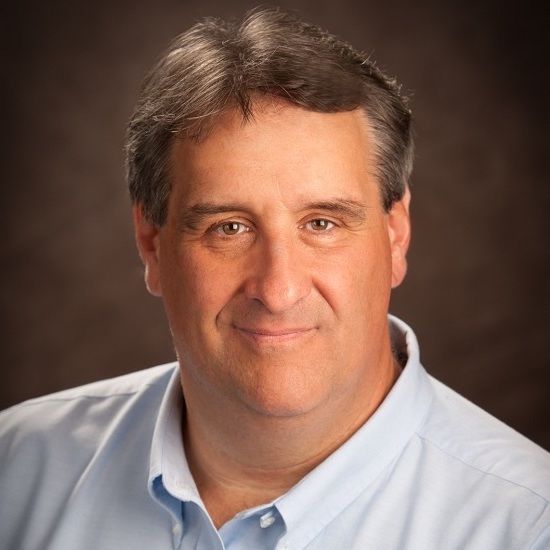As Business Gets More Complex, Dentists Still Lack Financial Know-How
Dental schools don't do much to prepare dentists to run businesses, even as the business of dentistry gets more complex and more competitive.

Fionda will be leading a session specifically aimed at new dentists, dubbed “Finance 101 for New Dentists,” at the Yankee Dental Congress.
A lot has changed in the business of dentistry in recent years, but one change that many dentists haven’t considered has to do with the way dentists buy and sell practices.
In the past, a dentist might take a job at a small practice, and, when it came time to buy out the senior dentist, make a deal to pay for the practice over three years, according to David Fionda, CPA, MS, a consultant who advises with dentists on financial matters. Thus, for a million-dollar practice, the junior dentist would pay a little over $300,000 each year for three years, after which the senior dentist would retire and the transition would be complete.
That’s not the case so much anymore, Fionda said.
“The landscape today has changed significantly,” he said. “...Dental practices are very profitable if done right, so there are a lot of [mergers and acquisitions] people in this space. So now a dentist who’s selling their practice doesn’t want to get paid over three years. They want to get paid now.”
That means taking out a big loan. Add to that the typical dental school graduate’s $300,000-400,000 in student debt, and the junior dentist could soon find himself well in excess of a million dollars in debt shortly after graduating from dental school. That would be a challenge for anyone, but Fionda said it’s even more problematic because the vast majority of dentists emerge into their careers with very little in the way of financial education.
Fionda has made it his cause to remedy that problem. He teaches and speaks on finances for dentists, and is leading a new financial education portal called Finance for Dentists, specifically designed to fill in the financial education gap in the dental industry.
Fionda will be leading a session specifically aimed at new dentists, dubbed “Finance 101 for New Dentists,” at the Yankee Dental Congress, in Boston, today through Saturday.
Fionda said much of what he teaches are seemingly basic, but critically important, skills.
“How to read a financial statement. How to understand a financial statement how to understand cash flow. How to establish and implement budgets. How to incentivize employees.”
Budgeting is one area that can often be difficult for new dentists, he said.
“You need to be able to set goals and targets for the practice and for the people in your organization, and set the right incentives,” he said. “A lot of people do after-the-fact budgets.”
After-the-fact budgets aren’t sufficient, he said. They’re like leaving home without a clear idea of where you’re headed.
“A budget points you in the right direction, in the direction that you want to be at financially,” he said.
Fionda said dentists also have difficulty calculating the overhead costs of procedures. It’s not just about knowing the cost of the supplies, he said. An accurate cost must also capture the cost of everything that went into the service, down to the receptionist’s time to set up the appointment.
Another increasingly prevalent hurdle is dealing with insurance companies, as more and more patients rely on insurers rather than paying out of pocket.
Fionda said dentists also need to better understand their businesses because they now face increased competition from corporate dentistry. Large corporate practices have the benefit of lower overhead costs due to their large scale and centralized organizations.
“Competitively it makes running a dental practice more challenging,” he said. It means dentists need to maximize the financial efficiency of their practices, and often it means opening multiple offices, something that’s hard to do without basic knowledge of business finance.
Fionda said the complexity of running a practice isn’t likely to go away anytime soon. He said dentists need to take command of their finances by being proactive about getting a financial education. In the long-term, he hopes dental schools start to take on the role of financial educators.
“I don’t really see it so far,” he said. “That’s kind of what I’m hoping to change.”
ACTIVA BioACTIVE Bulk Flow Marks Pulpdent’s First Major Product Release in 4 Years
December 12th 2024Next-generation bulk-fill dental restorative raises the standard of care for bulk-fill procedures by providing natural remineralization support, while also overcoming current bulk-fill limitations.